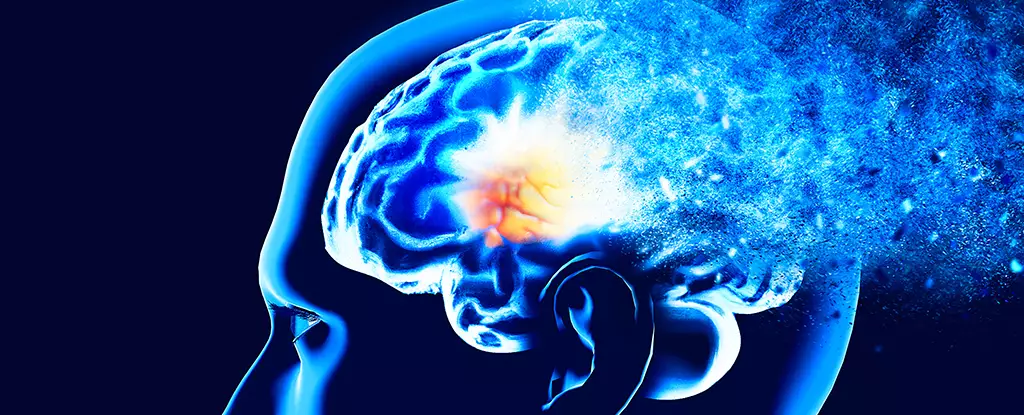Young-onset dementia (YOD) is gaining increased recognition, shedding light on a troubling reality—this debilitating ailment isn’t confined to the elderly. Each year, hundreds of thousands find themselves grappling with disabilities typically associated with advanced age, often unraveling their personal and professional lives. A recent groundbreaking study published in late 2023, emphasized the complexity of YOD by identifying not just genetic markers, but also a plethora of lifestyle and health factors that can serve as warning signs for society. This study consolidates the understanding that health isn’t merely a matter of heredity but encompasses the choices we make daily.
The Weight of Lifestyle Choices
One of the most prominent findings from this extensive research effort—conducted on a staggering sample size of 356,052 individuals under 65 in the UK—highlights the cascading effects of various lifestyle choices and socioeconomic factors on the likelihood of developing YOD. The clear correlation between low socioeconomic status, social isolation, and YOD is troubling. We live in a world that offers unprecedented access to information, yet many still find themselves isolated due to various life circumstances, making them vulnerable to negative health outcomes.
Moreover, existing health conditions such as stroke, diabetes, and heart disease compound the risk of developing dementia symptoms prematurely. It raises critical questions about healthcare accessibility and the urgent need to develop a robust safety net for those caught in cycles of deprivation and illness. This study emphasizes that tackling YOD isn’t solely a matter of individual responsibility; it reflects systemic failures within our healthcare and welfare systems.
The Complexity of Alcohol Consumption
The study’s exploration of alcohol consumption is particularly revealing and may challenge prevailing societal assumptions. While alcohol abuse is a significant risk factor for developing YOD, the data presents a paradox: moderate to heavy drinking appears to correlate with a lower risk. This revelation urges us to reconsider our understanding of alcohol as a one-dimensional villain in health conversations.
Could it be that those engaging in moderate drinking often possess a better overall health profile? Perhaps regular social engagements accompanying responsible alcohol consumption shield against loneliness and promote social cohesion, ultimately fostering emotional and mental well-being. It’s essential to approach such narratives with caution; however, it exemplifies the study’s broader implications about understanding health beyond simplistic binaries.
The Role of Education and Mental Health
Beyond physical conditions, the intricate relationship between education levels and YOD risk is of particular note. Higher education not only promotes increased cognitive resilience but also equips individuals with the tools necessary for navigating life’s stressors effectively. As individuals with higher educational attainment often engage in healthier lifestyle choices, this finding emphasizes the transformative power of education.
Furthermore, chronic mental health conditions like depression and stress exacerbate vulnerabilities to cognitive decline. This underscores a vital point: mental health needs to be treated with the same urgency as physical health. Prevention of YOD could be intricately linked to reforms supporting mental health care, community-building initiatives, and proactive mental health education.
Hope Amidst Growing Concerns
Ultimately, the insights gleaned from this landmark study paint a narrative that, while alarming, invites a sense of potential. With the identification of modifiable risk factors, there emerges the promise of actionable pathways to mitigate the threat of YOD. Living healthier lives can indeed arm individuals with the ability to combat this looming health crisis, shifting the perspective from fatalism to empowerment.
However, structural changes must accompany individual accountability. As each life lost to young-onset dementia represents not just a statistic but a world of family, work, and community disrupted, society must confront the underlying disparities that place certain groups at a higher risk. Affordable healthcare access, educational opportunities, and initiatives building social networks are pressing moral imperatives in the fight against YOD.
One thing is clear: as we unearth the complexities of young-onset dementia, we are called to action—not just as individuals but as a collective society striving to steer our shared future toward healthier outcomes. If we choose to ignore these insights, we risk allowing an entirely preventable catastrophe to unfold.

